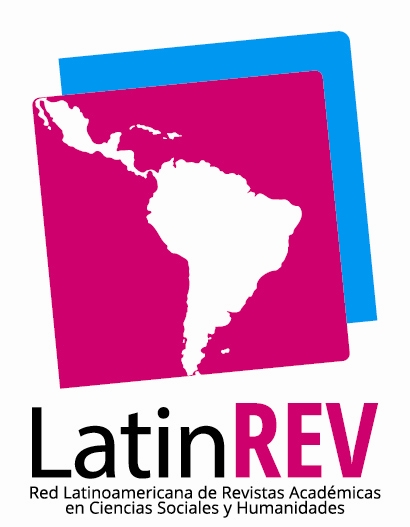An approach to the professional field of foreign languages in CABA: from the English hegemony to the construction of a quasi-market of degrees
Keywords:
CABA, foreign languages, professional degrees, English hegemony, professional quasimarketAbstract
This article analyzes the field of foreign language professional training in CABA through its three core degrees: teaching, “licenciaturas” and translation degrees. Teacher training has historically occurred in the tertiary subsystem, while that of translators has mostly occurred in the university subsystem. In turn, the private sector has participated in these training trajectories, although quantitatively always to a lesser extent. In this field, the hegemony of English is driven by the social demands around it as the language of globalization. In this way, through their social demands, the most dynamic sectors of Buenos Aires middle classes have propelled both the state and the market. The training system responded with the conformation of a quasi-market as a mechanism of differentiation and particularization to compete for enrollment, which implicitly benefits translation training programs. The article then offers interpretative variables for the design of policies in this field.
Downloads
References
Chaia, M. C. (2014). “Los traductorados en Argentina: una aproximación al estado de la cuestión”, Segundo Ateneo Interuniversitario de Traductología, La formación para la traducción. La Plata: Argentina. Recuperado de: https://www.researchgate.net/publication/278158187
CIPPEC (2007). La enseñanza universal de lenguas extranjeras. Buenos Aires: CIPPEC.
Falcón, A. (2017). “Apuntes sobre el proceso de institucionalización de los Estudios de Traducción en el Lenguas Vivas y en la Facultad de Filosofía y Letras”, en Revista Lenguas Vivas, Año 17, N° 13, 24-38.
Hart, C. (2016). “Aspirations, education and social justice: applying Sen and Bourdieu”, en Bloomsbury, Vol. 4, 65-78.
Krotsch, P. y Atairo, D. (2008). De la proliferación de títulos y el desarrollo disciplinario en las universidades argentinas. Buenos Aires, Argentina: Instituto Internacional de Planeamiento de la Educación IIPE-UNESCO.
Mapa de Institutos de Argentina. Recuperado de: https://mapa.infd.edu.ar/
Mórtola, G. y Montserrat, M. (2018). “La enseñanza del inglés para las grandes mayorías nacionales en Argentina”, en Revista Digital de Políticas Lingüísticas, Año 10, Vol. 10, 167-191. Recuperado de: https://revistas.unc.edu.ar/index.php/RDPL/article/view/22198/21804
Rozenblatt, P. (1999). El cuestionamiento del trabajo. Clasificaciones, jerarquía, poder. Documento de trabajo N° 1. Buenos Aires: PIETTE. Recuperado de: http://www.ceil-conicet.gov.ar/wpcontent/uploads/2013/06/s11rozenblatt.pdf
Secretaría de Políticas Universitarias. Guías de Carreras Universitarias. Recuperado de: http://ofertasgrado.siu.edu.ar/
Verger, A. (2013). “Políticas de mercado, estado y universidad: hacia una conceptualización y explicación del fenómeno de la mercantilización de la educación superior”, en Revista de Educación, N° 360. Recuperado de: https://www.educacionfpydeportes.gob.es/revista-de-educacion/numeros-revista-educacion/numeros-anteriores/2013/re360/re360-13.html
Woolard, K. (2009). “Language Ideologies: Issues and Approaches”, en Pragmatics, Vol. 2, N° 3, 235-249. Recuperado de: https://journals.linguisticsociety.org/elanguage/pragmatics/article/download/225/225-1833-1-PB.pdf
Downloads
Published
Issue
Section
ARK
License
Copyright (c) 2019 Gustavo Mórtola , Mariano Montserrat

This work is licensed under a Creative Commons Attribution 4.0 International License.






